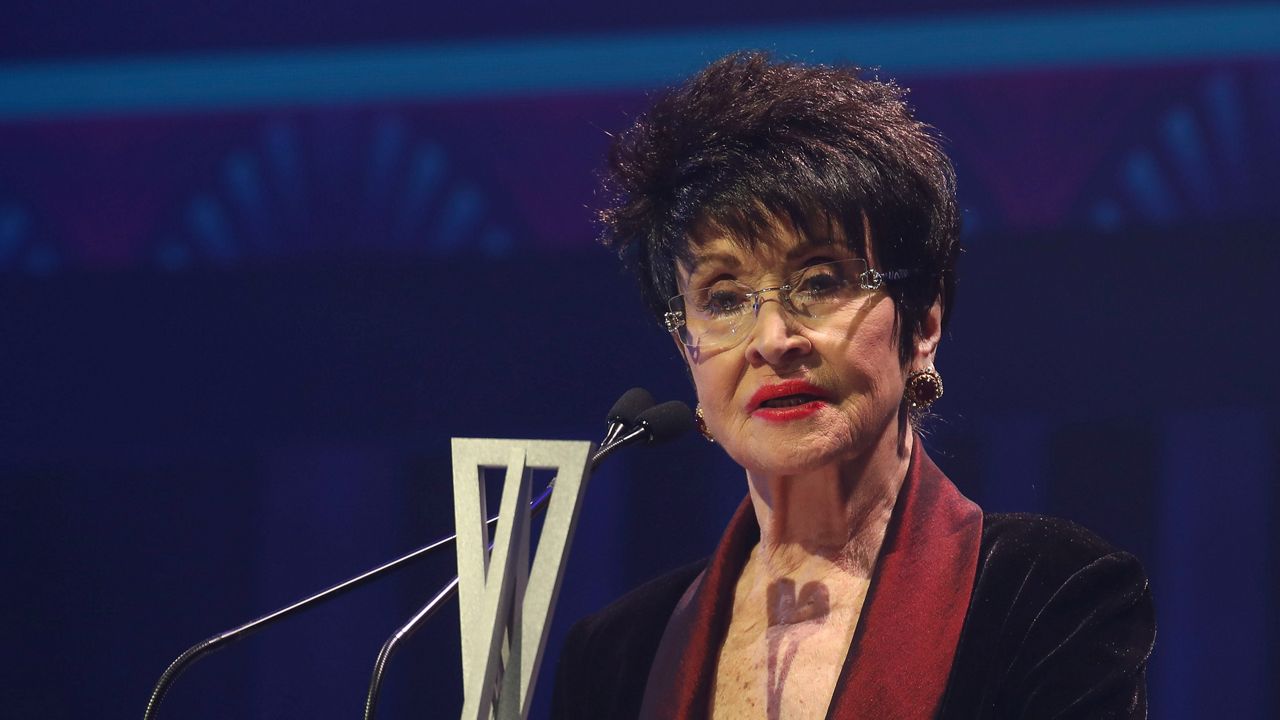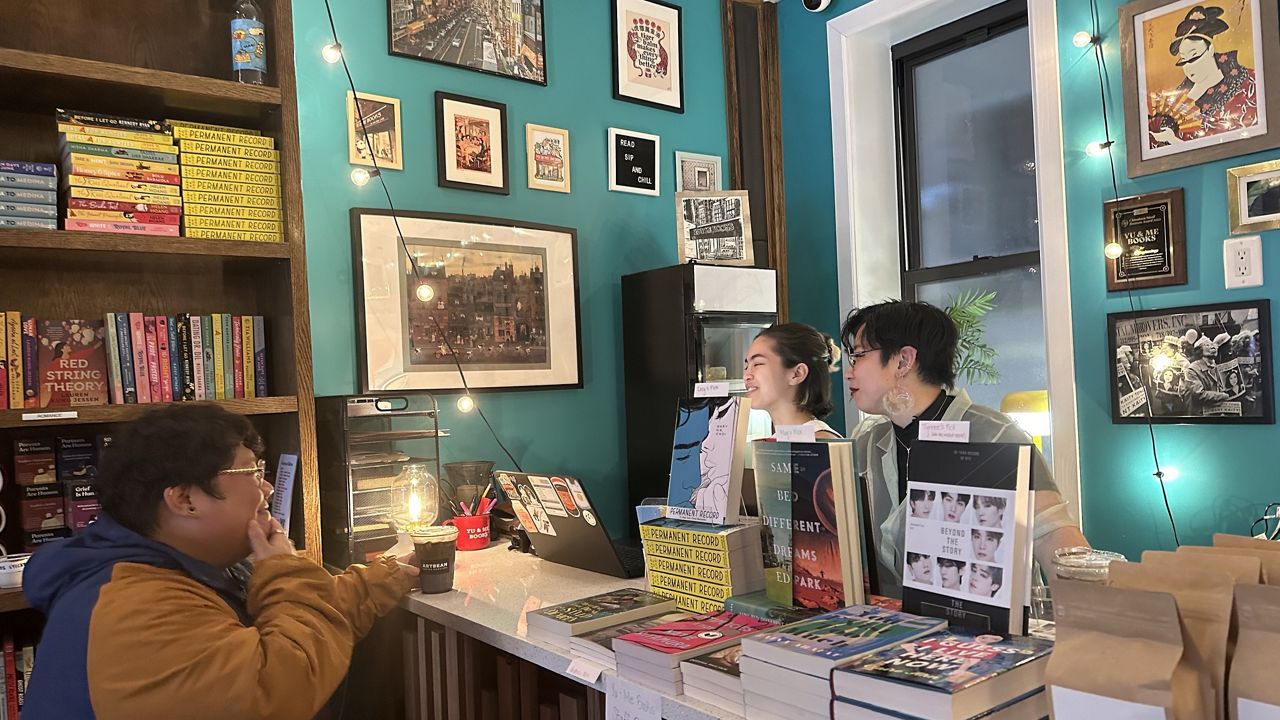If you walked by 150 Forsyth St. on the Lower East Side, you would never know that inside, musical magic was happening.
Inside is a recording studio called Eastside Sound. It got its start more than 50 years ago when founder Lou Holtzman had a rehearsal room for his band in his family's Orchard Street tenement building after a performer friend asked if he could record there.
"He paid me $25 an hour to do some stuff and I said, 'My goodness, I got paid to do this,' and my mother said, 'You should go to City Hall, and get a name,' and I just had glass delivered from Eastside Glass on Chrystie Street, so I said, 'Eastside Sound,'" Holtzman said.
Holtzman officially opened the business in 1972, moving into the Forsyth Street space that he built from the ground up in 2002. Over the years, many greats have recorded there, such as blues legend Buddy Guy, rock star Peter Frampton and guitarist and record producer Nile Rodgers. It was also home to the final recording session of guitar legend and recording pioneer Les Paul.
While certainly not retired, Holtzman sold the business last year to musician, composer and audio engineer Andrés Pollak, who will run Eastside Sound with his son Nico.
“It was like an immediate glue, and Lou is like my brother here,” said Pollak, who is originally from Chile.
Despite not running the day-to-day business anymore, Holtzman is still hanging around, doing what he loves best, recording and mixing music.
“It’s nice to be able to concentrate on equipment and a session. A lot of my clients are friends and I just like knowing this isn’t work,” Holtzman said.
Pollak said Eastside Studios will continue to record and evolve as technology changes the way music is recorded.
“We live in a digital time, but we are analog. We as people are analog and instruments are analog, so you’ve got to translate that to the digital world, and do whatever you want inside the computer," Pollak said. "That moment of capturing the magic, that’s where it is, so that’s what we are doing and this place is built for that."





 CC PKG Flying Solo NYFW_128893326_3488)

